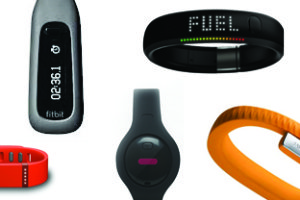In a world where going viral means starting a new trend, virtually any press is good press. On the surface, it may seem that wearables can do athletes a world of good, but it's time to separate truth from fiction.
Unfortunately, the reality of today's 'one-click-away' online market is that a well-advertised campaign or flashy TV commercial can suck athletes into a craze just as fast as any consumer. The trendy growth of wearables may qualify as the best example of this today.
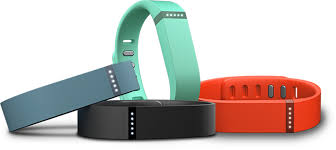 Fitbit Flex
Fitbit Flex
Given the recent financial success of fitness trackers like the Nike "FuelBand," the fitness wearable market has continued to grow. In this year alone, over a dozen companies (including well known manufacturers like LG and Epson) have decided to produce their own version of wearable fitness trackers in search of similar publicity and fortune to that of the market leaders (such as Jawbone and Fitbit). In the long run, this unfortunately prompts a fitness wearable market in which many of the competing companies fall victim to creating a product more similar to that of their successful competitor's as opposed to being risky and innovative.
So how does an athlete not overlook this - especially when considering that so many of the leading names in wearable fitness trackers don't even produce an elite product? For consumers, this presents their largest issue yet: separating the real from the fake and the good from the bad when trying to purchase the fitness tracker best built for them.
Therefore, your friends here at TeamBuildr have decided to remove all the hassle from your future shopping experiences and have made a definitive list of the best fitness trackers for competitive athletes (and of course the ones that come up short). But first, a disclaimer: While the ultra-competitive TeamBuildr Co-Founders James Peters and Hewitt Tomlin both wear (and love) the Nike FuelBand and the Fitbit Flex, respectively, even they acknowledge that the bands may not fit the needs of a varsity athlete.
What to Avoid:
If someone were to tell you that the Nike FuelBand— the most popular selling fitness tracker, made by the athletic empire that is Nike— wasn't the best product for a hardworking athlete, would you believe them? The strange truth is, well, you should.
The FuelBand merely offers users a precise estimate of how many calories they've burned throughout the day and how many "Fuel Points" they've used up. If fuel points sound foreign to you, that's because they are a creation of Nike designed to be a "universal way to measure all kinds of activities."
A serious athlete can obviously see the flaws in Nike's point system, for different sports require different athletic movements and different forms of training. Likewise, since the FuelBand is worn on an athlete's wrist, athletic activities that require your arms (such as tennis) earn more fuel points than equally difficult or more difficult activities that don't need as much arm movement (such as squatting).
Like the Nike FuelBand, the Fitbit Flex and the Jawbone UP are two other market leaders in the fitness wearables industry that currently don't measure enough valuable statistics for the most serious athletes. The Flex keeps track of "steps, distance, and calories burned" while also "tracking sleep quality" at night. Similarly, the UP claims to help users "understand how you sleep, move and eat so you can make smarter choices." While both the Flex and the UP provide statistics that seem useful to the average person trying to live a healthier life, these statistics really don't mean much to a competitive athlete— they already know they're in good shape. That being said, some of these products do offer some fun customization options. Check out the fashionable new Fitbit design!
Products to Buy:
To kickoff our list of TeamBuildr approved fitness trackers, we have a very impressive set of fitness wearables by Atlas. Preloaded with the most popular exercises (and capable of learning new ones), Atlas fitness trackers analyze your form, count your reps and sets, calculate the amount of calories burned, and measure heart rate. Even more, Atlas trackers measure the power you generate by analyzing the type, speed, and quality of every single rep. Most impressive, Atlas trackers help you make steady gains in the weight room by anticipating your plateaus and learning which exercises make you stronger and faster. Impressive, to say the least!
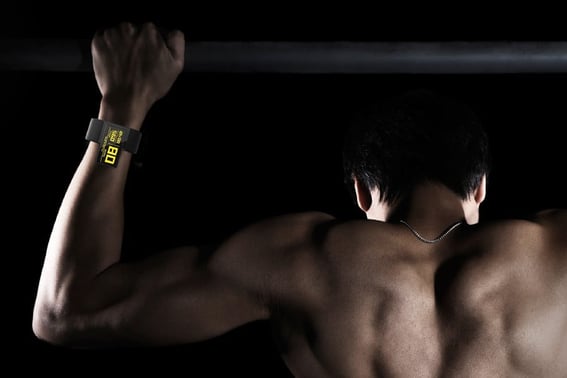 Atlas Wearable
Atlas Wearable
Last but not least, the fitness tracker "PUSH" also boasted very impressive features. Similar to Atlas' fitness trackers, PUSH is capable of capturing data that is truly useful for athletes. PUSH communicates with your smartphone allowing you to customize workouts, monitor performance, and review progress. It tracks the athlete's reps, force used, power exerted, balance, bar speed, volume load, explosive strength, and tempo.
Also, PUSH makes it easy to synchronize an online workout account with a trainer or coach and even helps by predicting one rep maxes. Like Atlas, the people from PUSH seem to understand the statistics that are most valuable to measure during weight lifting or sport-specific training, and it's exciting stuff. Both of these companies are truly providing users with the opportunity to get better everyday— every athlete's dream!
Again, don't get tricked! When researching the best fitness wearables, be sure to see what each product claims to track and then apply it to your own lifestyle. Obviously the serious athlete has different aspirations then someone who just wants to live a bit healthier, which is why even the PUSH or an Atlas tracker isn't right for everyone. With that being said, our only goal here at TeamBuildr is to help you become the best athlete you can possibly be. We recommend both Atlas and PUSH fitness trackers because they have the same goal in mind.
Subscribe to our blog
Subscribe to receive the latest blog posts to your inbox every week.
Related posts
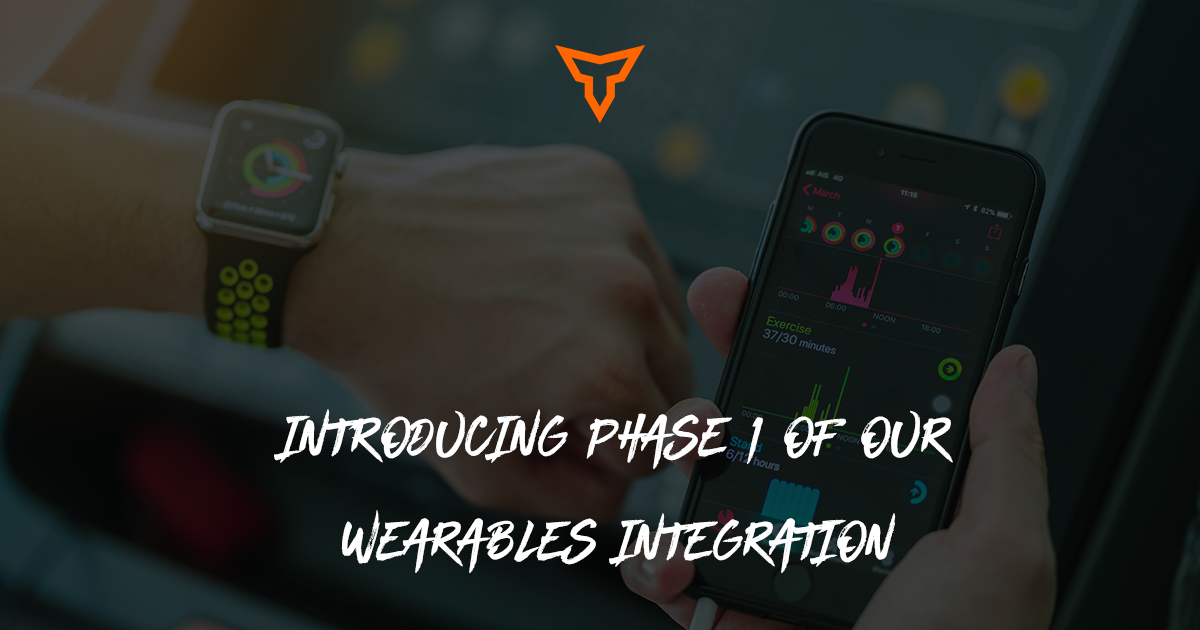
Phase 1 Wearables Integration: Enhancing TeamBuildr
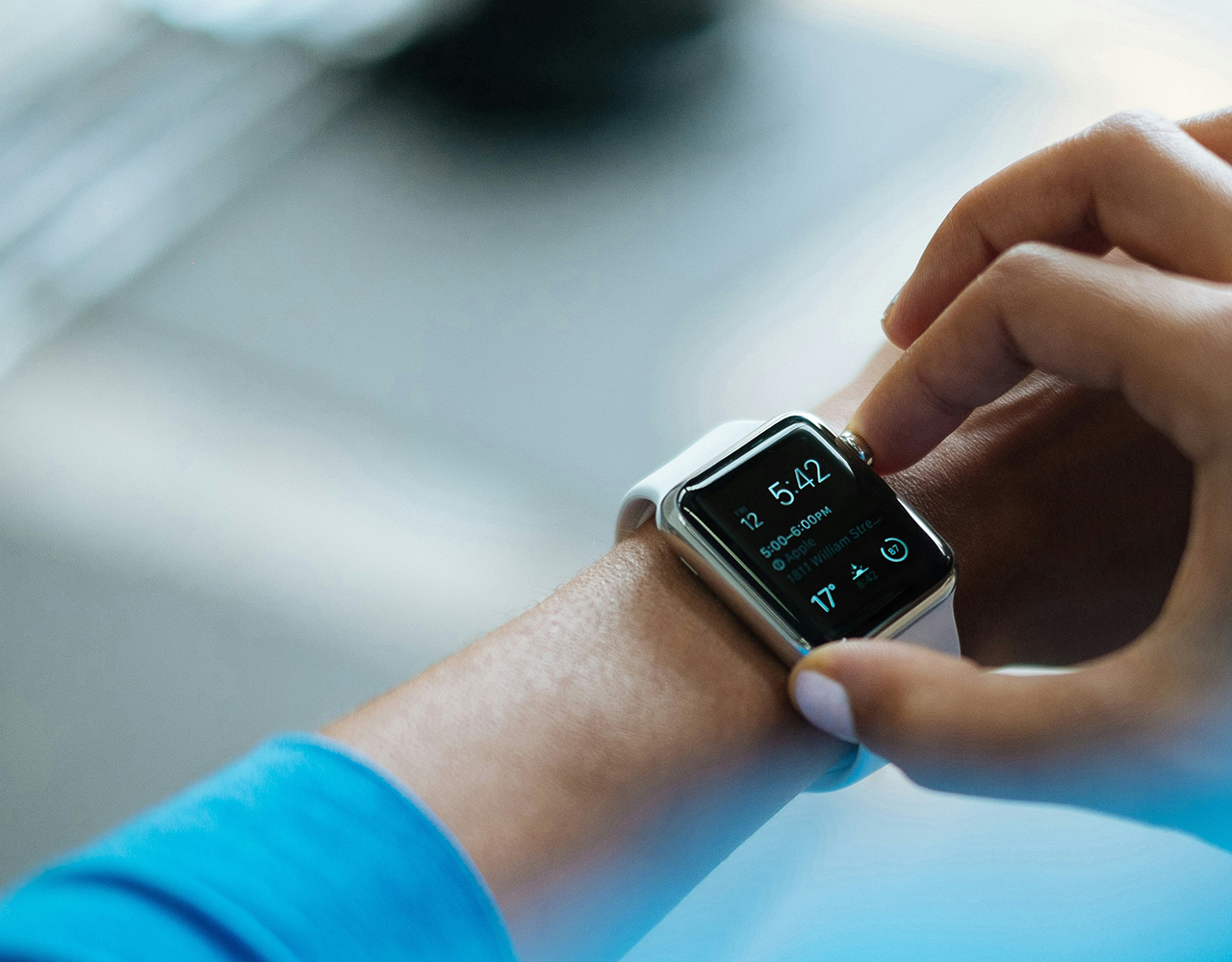
5 Major Predictions Regarding the Future of the Fitness Industry

